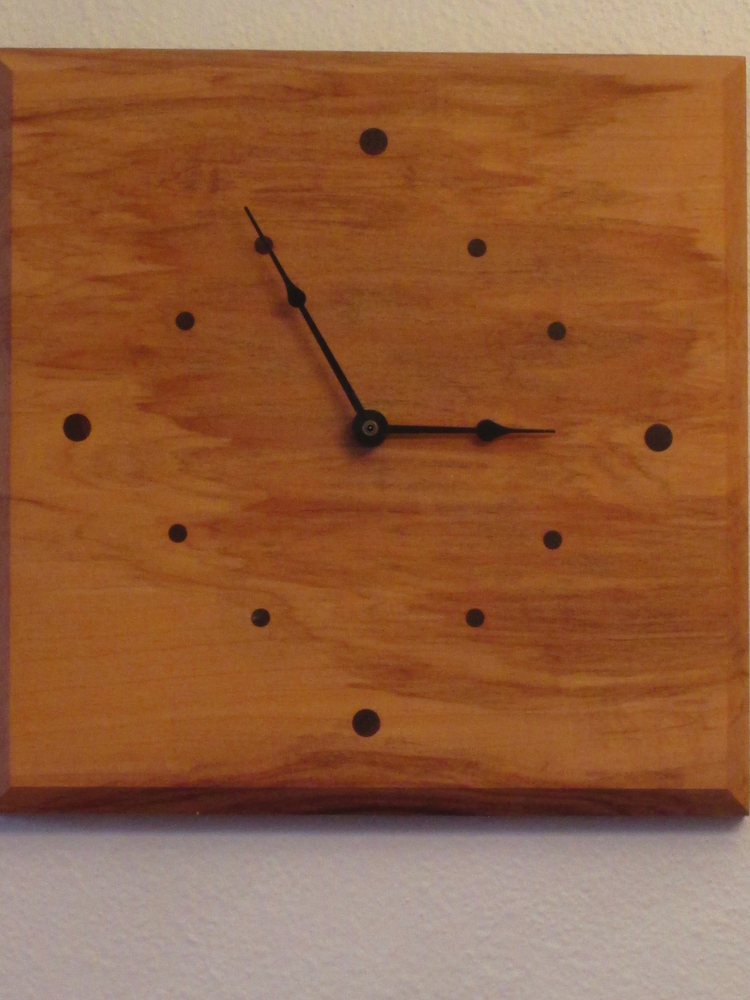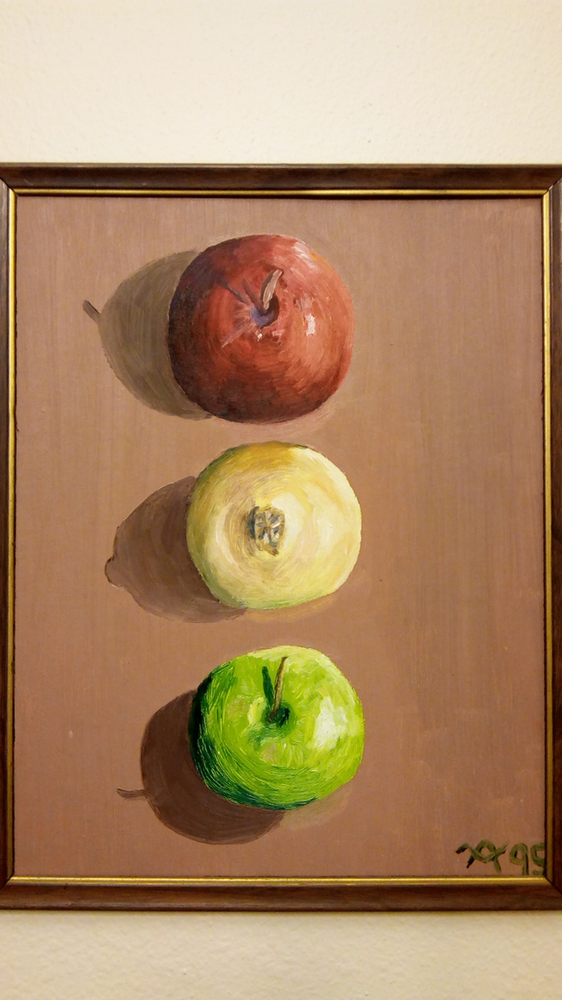It is easy to get bogged down in the minutia of life. We all do this from time to time, but if we remain in the minutia for too long we get stuck. A good way to combat this is to every once in a while step back, way, way back and look at our lives. To accomplish this we can revisit or craft from scratch a life list or “bucket list”. I keep one and go back to it every year or so and check to see if I can cross something off or if there are some things missing that should be written down. Another way to accomplish this same result of refocusing is to ask ourselves “what regrets might I have on my deathbed”? Forcing ourselves to step way back to the ultimate gating event, death, helps to provide clarity on what is important and what is not important.
Asking “what might I regret” helps in a couple ways. First, it helps sort out what is important from what is not as important. This can in essence auto-generate a life “to-do” list. A second benefit, especially for those given to anxiety is to help unburden ourselves from those little nagging things that keep us up at night. It helps us to relax and not worry about promotions, overdue library books, test scores, and literally anything we read on social media. The number of things that we could worry about would fill a room, but really the vast majority of these things are small potatoes. We likely know this intellectually even if we do not feel this emotionally.
What might I regret on my deathbed? Some of the first things that come to mind are somewhat vague and general, like “I don’t want to feel that I didn’t take enough chances” or “I want to feel that I traveled abroad as much as I could” or even “I want to feel that I learned as much about the things that interest me as I reasonably could have learned”. From here we can take any one of these and further break them down. “I want to take chances” can be expanded into “I want to publish a book” or “I want to sell ten pieces of handmade wooden furniture” or “I want to start a non-profit organization”. We could even expand some of these “expanded” ideas even further. There are no right or wrong answers or ideas.
This process can provide energy and motivation to carry out the tasks identified. It can also provide a good “cheat-sheet” to go back to occasionally to verify that we are spending our finite time on meaningful things. It can also unburden us from the daily grind. Last, it can be a written witness of what we know we could be spending our time on to provide joy and meaning.
Possibly as important as what we write down is what we do not write down. We will likely not say that we wish we had travelled less or loved less. We will likely not say that we wish we had spent more time on social media or watching television. We will likely not wish we had spent more time worrying, or talking about people behind their back, or working longer hours at the office.
What are the things that you do not want to regret on that important day (way off in the future hopefully)? What will allow you to peacefully transition from this experience to the next? Whatever those things are, why not be conscience about them and allow them to shape what you do today, this week, this year?



